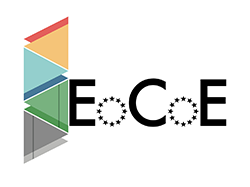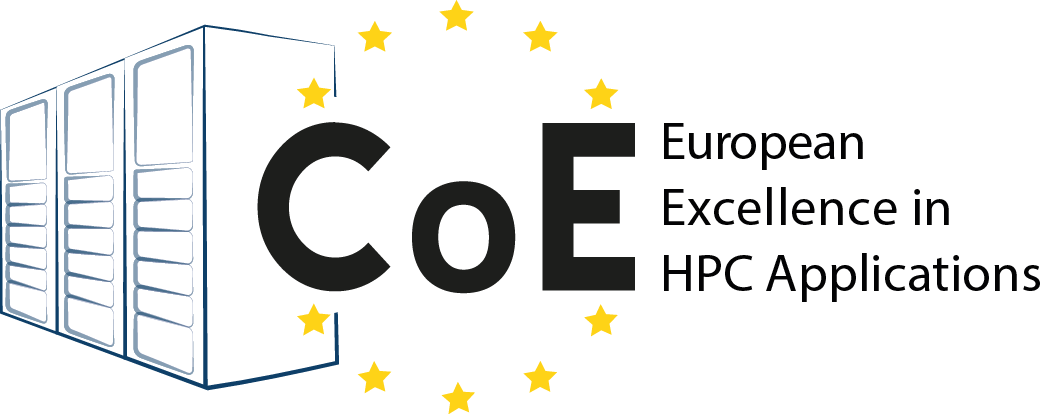
Energy Oriented Center of Excellence
EoCoE III demonstrates the benefit of HPC for the net-zero energy transition for research institutes and also for key industries in the energy sector, channeling its efforts into 5 exascale lighthouse applications covering the key domains of Energy Materials, Water, Wind and Fusion.
The multidisciplinary effort of the consortium partners harnesses innovations in computer science and mathematical algorithms within a tightly integrated co-design approach to overcome performance bottlenecks, to deploy the lighthouse applications on the coming European exascale infrastructure, and to anticipate future HPC hardware developments.
Latest EoCoE News
Mitigating the Impacts of Climate Change: How EU HPC Centres of Excellence Are Meeting the Challenge
In this article, you can learn how the EU HPC Centres of Excellence are mitigating the impacts of climate change.
FocusCoE at EuroHPC Summit Week 2022
With the support of the FocusCoE project, almost all European HPC Centres of Excellence (CoEs) participated once again in the EuroHPC Summit Week (EHPCSW) this year in Paris, France: the first EHPCSW in person since 2019’s event in Poland.
FocusCoE Hosts Intel OneAPI Workshop for the EU HPC CoEs
On March 2, 2022 FocusCoE hosted Intel for a workshop introducing the oneAPI development environment. In all, over 40 researchers representing the EU HPC Centres of Excellence (CoEs) were able to attend the single day workshop to gain an overview of OneAPI.
SIMAI 2021
SIMAI 2021 The 2020 edition of the bi-annual congress of the Italian Society of Applied and Industrial Mathematics (SIMAI) has
EoCoE: Performance Portability on HPC Accelerator Architectures with Modern Techniques: The ParFlow Blueprint
Performance Portability on HPC Accelerator Architectures with Modern Techniques: The ParFlow Blueprint A Use Case by Short description Rapidly changing
CoEs at Teratec Forum 2021 and ISC21
With the support of FocusCoE, a number of HPC CoEs will give short presentations at the virtual PRACE booth in
Looking for news on all CoEs? Visit the >> CoE news page
